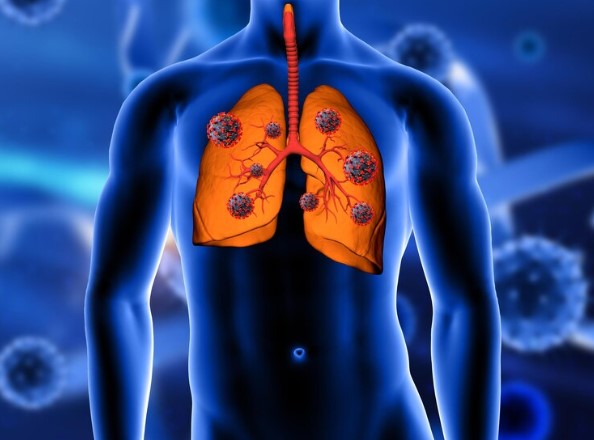
Sarcoidosis is a condition characterized by the formation of small, abnormal masses called granulomas in various organs of the body, most commonly the lungs. When it affects the lungs, it can lead to symptoms such as coughing, breathing problems, and chest pain. While there is no cure for sarcoidosis, effective treatment options are available to control symptoms and enhance the quality of life for patients. Below, we will discuss what to do and what not to do when seeking treatment for sarcoidosis in the lungs, with a focus on sarcoidosis chest pain treatment.
- What to Do:
- Seek Medical Evaluation:
If you experience symptoms suggestive of sarcoidosis, it’s essential to seek medical evaluation. A healthcare provider, preferably a specialist in pulmonary medicine or sarcoidosis, can conduct a thorough examination and order diagnostic tests to confirm the diagnosis and determine the extent of lung involvement.
- Follow Treatment Recommendations:
Once diagnosed with sarcoidosis in the lungs, it’s crucial to follow the treatment recommendations provided by your healthcare provider. Treatment may include corticosteroids to lower inflammation and suppress the immune response, as well as other medications to manage symptoms and prevent complications. Adhering to the prescribed treatment plan is key to effectively managing the condition.
- Monitor Symptoms:
Regular monitoring of symptoms is essential for tracking disease progression and treatment effectiveness. Keep track of any changes in your symptoms, such as worsening cough, increased chest pain, or difficulty breathing, and report them to your healthcare provider promptly. Adjustments to the treatment plan may be necessary based on symptom severity and disease activity.
- Maintain a Healthy Lifestyle:
Adopting a healthy lifestyle can complement medical treatment and enhance overall well-being for individuals with sarcoidosis in the lungs. This includes consuming a balanced diet, engaging in regular exercise within your limitations, getting adequate rest, and avoiding exposure to environmental toxins or pollutants that may exacerbate respiratory symptoms.
- Seek Support:
Living with sarcoidosis can be challenging, both physically and emotionally. Seeking help from family, friends, and support groups can provide valuable encouragement, understanding, and practical assistance. Connecting with others who share similar experiences can help relieve feelings of isolation and empower you to better cope with the challenges of managing the condition.
- What Not to Do:
- Ignore Symptoms:
Ignoring symptoms of sarcoidosis, such as persistent cough or chest pain, and delaying medical evaluation can lead to delayed diagnosis and treatment initiation. Prompt recognition and intervention are essential for effectively managing the condition and preventing complications.
- Self-Medicate:
While over-the-counter medications may provide short-term relief for symptoms such as chest pain, self-medicating without medical supervision can be risky, especially in the context of sarcoidosis. Certain medications may interact with prescribed treatments or worsen underlying health conditions. Always consult your doctor before starting or discontinuing any medication.
- Neglect Follow-Up Care:
Regular follow-ups with your doctor are crucial for monitoring disease progression, assessing treatment response, and addressing any concerns or questions you may have. Neglecting follow-up care can result in missed opportunities for optimizing treatment outcomes and managing potential complications.
- Disregard Lifestyle Recommendations:
Neglecting lifestyle recommendations, such as smoking cessation, dietary modifications, or exercise recommendations, can hinder treatment effectiveness and exacerbate symptoms. Take proactive steps to incorporate healthy habits into your daily routine to improve your overall health and well-being.
- Isolate Yourself:
Living with a chronic condition like sarcoidosis can be isolating, but withdrawing from social activities and support networks can worsen the feelings of loneliness and depression. Stay connected with loved ones and seek out opportunities for social interaction and support to maintain emotional resilience and a positive outlook.
Conclusion:
Effective management of sarcoidosis in the lungs requires a proactive approach that encompasses medical treatment, lifestyle modifications, and emotional support. By following these guidelines and partnering with a knowledgeable healthcare provider, individuals with sarcoidosis can take control of their health and optimize their quality of life. At FLASS, we are dedicated to providing comprehensive care and support to patients with sarcoidosis, including personalized treatment plans and compassionate guidance every step of the way. Together, we can navigate the challenges of sarcoidosis and work towards better health outcomes.

